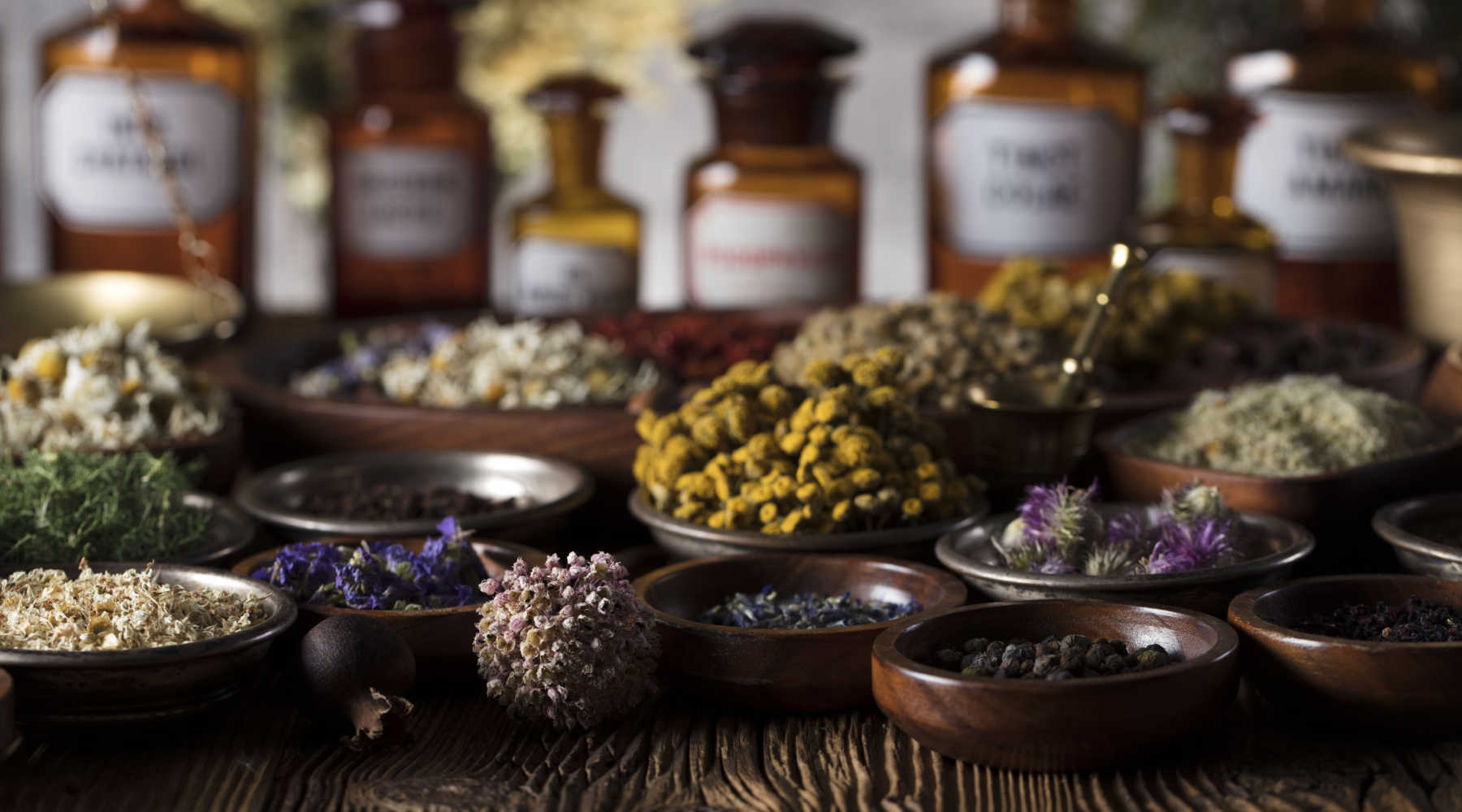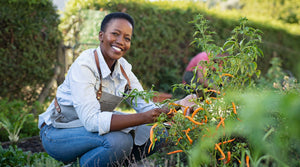David Crow, founder of Floracopeia, is an unassuming visionary with a simple focus.
The bigger global issues today ecologically, environmentally, politically and economically are accelerating rapidly in terms of the need for change, Crow says. We need a new model, a new culture.In these times of change and uncertainty, he wants communities to empower themselves on a grassroots level by becoming involved in local resource management, growing food and cultivating medicinal plants. Crow works to realize this vision around the world by helping communities establish local gardens. Then we have our health care system taken back again, he said.Driven by a clear vision to reclaim medicinal plants for the planet and the people, Crow created Floracopeia, as a vehicle to achieve his goals.
A master herbalist and doctor of Chinese and Ayurvedic medicine, Crow knows first-hand about the power of plants to heal and restore balance within the human body. He 's worked with native plants for more than 30 years and in 2000 published the book, In Search of the Medicine Buddha, based on his travels and study in the Himalayas. From this work grew the idea of making the medicine of the plants widely available, and at the same time protecting endangered species.Herbal medicine is the people 's medicine, Crow said. Everyone should have access to it.
 Inside Every Bottle
Inside Every Bottle
On the outside, Floracopeia seems like a line of essential oils. But it 's so much more. Every drop of essence from the herbs, flowers and trees represents Crow 's tireless efforts to replant the global garden by strengthening the plants themselves as well as those who cultivate, harvest, distill, bottle and use the precious oils.Inside every bottle is a success story, Crow says. We can use these medicinal plants to solve a lot of the world 's problems. He explains the four global benefits embodied in the oils:
"Plants are medicine for people" - David Crow
This is humanity 's oldest and most widespread form of health care, health care that does what pharmaceutical drugs can 't do, which is to give us nutrition and boost our vitality, our immunity and resistance, and detoxify us, Crow said. There 's no drug that does that.The plants are economic commodities. Distributing the oils supports local growers, villages and distillers, who participate in cultivating, harvesting and bringing the oils to market. Purchasing the oils alleviates poverty by supporting communities at the level of tribes and villages around the world.The restoration of plants is an ecological mission.
Floracopeia has created specific eco-projects to preserve the traditional use of herbal medicines, curb over-harvesting and where possible, replant crops so they won 't be lost to future generations.The plants represent wisdom lineages in natural health care. The company has a goal of preserving traditional and indigenous knowledge of medicinal and aromatic plants and their uses.As Floracopeia flourishes, people around the world and the Earth herself are the benefactors. They look like essential oils and we use them for a variety of purposes, but inside every one of these bottles is all four of those global benefits, Crow said. That 's why I 'm doing this. I 'm not doing it because of the business. I 'm not doing it to sell essential oils. I 'm doing it because we are replanting the global garden, one project at a time.
Floracopeia and Sustainability
During Crow 's years of study and practice of Eastern medicine in the Himalayas, he discovered that many medicinal plants are quickly disappearing due to climate change, over-harvesting and other causes. We 're now giving something back to the plants, he explained. We 're focusing on the root of sustainability because herbal medicines are disappearing like a lot of our natural resources. But they don't have to. They're so valuable. Humanity needs these plants more and more. Floracopeia 's eco-projects focus on sustainability in specific areas around the world. For example, 5,000 Palo Santo trees have been replanted in Ecuador. Both the wood and oil distilled from this tree, considered sacred in traditional shamanism, are available in the Floracopeia line. Through the Cedar of Lebanon Project, this rare tree referenced in ancient texts is being donated to religious organizations as a symbol of their shared spiritual ancestry.
The plants must receive benefit or it 's not sustainable, Crow said. Anyone, anywhere, can join in and support the work. Crow travels extensively to teach, inviting people to hear about the projects and sample the oils. Many choose to get involved by purchasing the oils, attending workshops or meditation retreats with Crow, or inviting him to coach them in establishing local gardens. Floracopeia is really a community, he said.
We are changing the paradigm of business. This is about all of us working together. - David Crow



